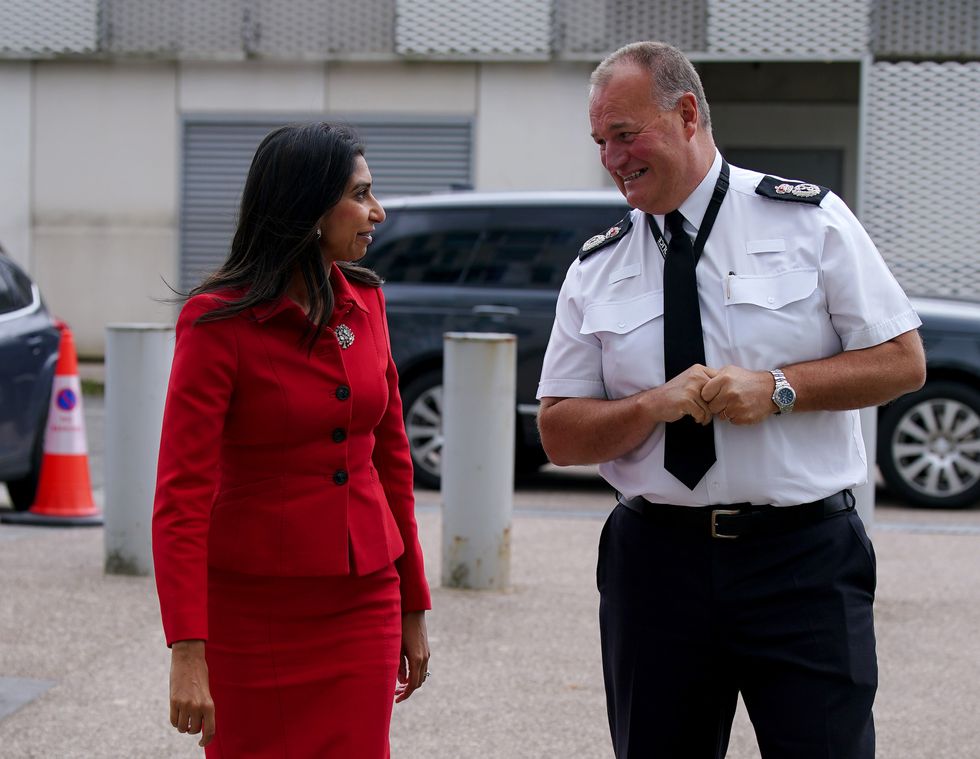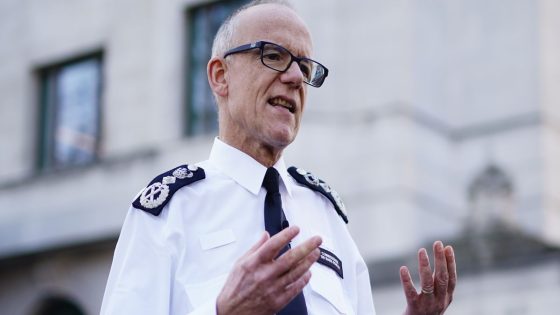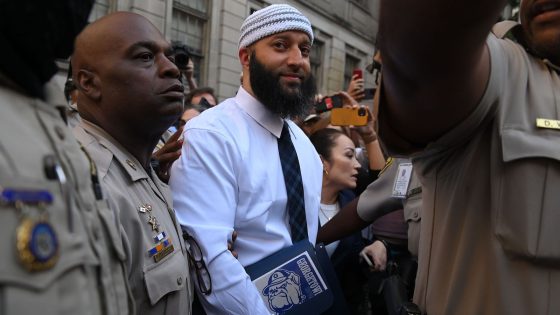For nearly a decade I have spent my days and nights on the thin blue line; the fine line between society and the law. I’m a police officer in Central London.
We have deprivation, affluence, royalty, protests, tourists, commuters, organised crime, and (so called) petty theft.
I believe we face an existential crisis which senior leaders don’t seem to get. Recently I was privileged enough to be invited to a gathering of two hundred or so senior leaders, nominally to discuss how to improve policing.
Instead, the morning covered various themes on diversity and intersectionality. No-one seems to get that we have largely given up on preventing crime; few even know what this means.
We have systematised habits and frameworks which minimise the detection of crime. We are rarely interested in protecting property, residential or commercial, instead allowing insurance companies to pick up the consequences.
Human rights laws render the English tradition of breach of peace null during protests.
We have lost confidence with each other up and down the criminal justice system, meaning it sometimes feels pointless to arrest people given the inevitable ‘no further action’ which will later emerge. Set against this, people are voting with their wallets. The rise of private policing is an embarrassment for us all in policing.
Inexorably, policing is becoming impossible and might become pointless in its present form.
The news that the National Police Chiefs Council, in the face of a shortage of prison places, have written to all Chief Constables ‘to consider pausing “non-priority arrests”’ is the latest in a long line of ambiguous messages for colleagues on the front line.
As a police officer, my duties are to prevent and detect crime, to protect property, preserve life and keep the peace.
Except you wouldn’t get that from the way I spend my shifts.
Policing in London has become reactive: we dash from call to call trying to meet our response times.
And then, increasingly, we join a systematic effort to do as little as possible across the criminal justice system.
We are trapped in an insidious cycle from which it may be too late to escape.

Former Home Secretary Suella Braverman is met by Chief Constable of Greater Manchester Police Stephen Watson during a visit to Greater Manchester Police HQ in Manchester
PA
There is no single cause of this situation. But there are a few inter-related contributory factors.
The lack of preventative policing has steadily allowed criminal behaviour to become habitually embedded in some, eventually escalating to more serious criminality.
Prisons are full of offenders who have committed high harm offences, such as sex offences, domestic abuse and child abuse.
Early release schemes for lower harm offenders appear to concentrate the mix. A lack of effective deterrents (from prison spaces to basic disruptive patrolling) is storing up the potential for even greater levels of serious criminality in the decades ahead.
Met leadership and some politicians have chosen to believe that there are not enough resources in policing. This is simply false.
I’m not saying that at the end of a frenetic late shift I don’t wish for more officers to have eased the burden, but there’s a vast difference between being busy and being effective.
Unique to metropolitan districts across the country, and in contrast to rural areas, if we really need resources (e.g. for a police officer being assaulted), it arrives in large numbers within a few minutes.
Thousands of officers are assembled to police protests. Just the command I serve with in London is larger than each of the smallest twenty forces across the country.
Years ago, a Commander visited us and admitted the Met had been more effective when it had 25,000 officers (it now has nearly 34,000 officers).
This belief, against much logic, in there being too few officers has spawned a culture of avoidance.
The telephone investigation units exist to close as much high volume reported crime as quickly as possible.
Colleagues, defeated by the hopelessness of the detention, investigation and criminal justice processes, seek to minimise paperwork by closing crimes at point of contact. Outcome Codes 14, 16 and 18 (victims not supporting a prosecution, or no suspect being identified) account for 65% of crime outcomes.
Yet, as I experience, and Baroness Casey found in her report into the Met, this isn’t accurately reflecting a public disinterested in justice, but is instead influenced by officers ‘squaring-up’, even coercing victims to not support prosecutions. All while spending time during shifts asleep or drinking coffee.
There is some recognition of waste in policing.
The recent Police Productivity Review determined many factors which stymie police officers, but it failed to account entirely for whether policing has the capability to proactively deter crime in neighbourhoods all over London and beyond.
And all along, parliament passes ever more nuanced laws, fragmenting offence types across different Acts, making it ever harder to know what we are meant to police.
We are about to go over the edge, to a point where we can’t recover.
The exodus of officers, twinned with reductions in recruiting and fitness standards, shows we continue to play the numbers game and are not serious about delivering quality crime reduction.
We have tried recruiting more and more officers, with worse outcomes.
Radically, perhaps we need fewer officers, fewer senior leaders, fewer laws; delivering more prevention, more prosecution, more rehabilitation.
If we don’t grip this crisis, others just might.
Source Agencies



